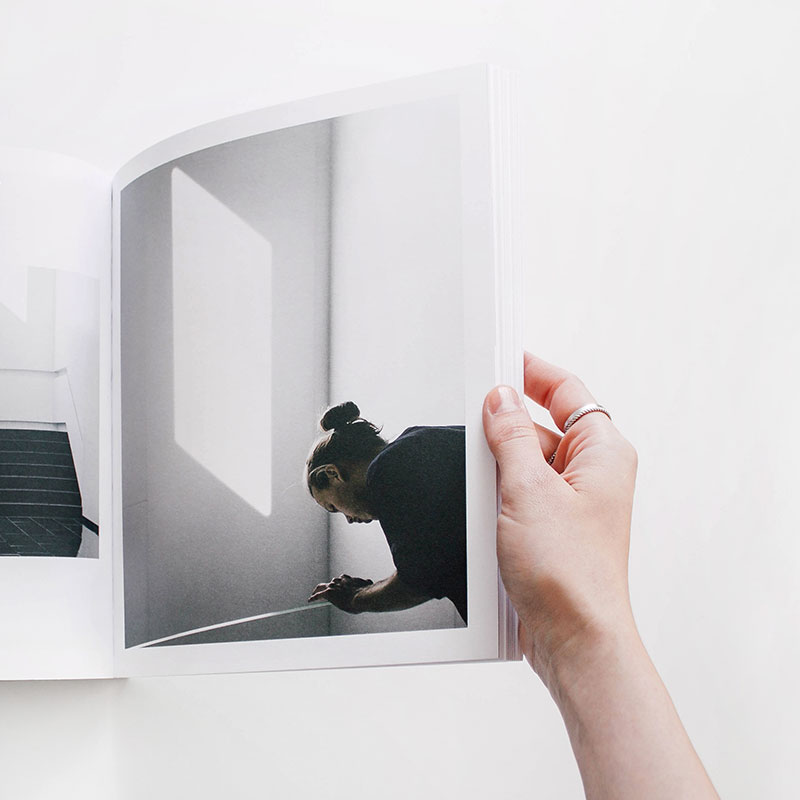If we were to look for the beginnings of the broadly understood linguistic trend in Polish poetry, the main hallmark of which is the tendency to experiment with language, visible in the works, we would first have to recall the poems of Mikołaj Sęp-Szarzyński and Cyprian Norwid. As it is known, Polish poetic linguistic practices were successfully undertaken in the 20th century by futurists and representatives of the Kraków avant-garde: Julian Tuwim, Bolesław Leśmian, Tymoteusz Karpowicz, Witold Wirpsza, Miron Białoszewski, Zbigniew Bieńkowski, followed by the representatives of the '68 generation, led by Stanisław Barańczak, and then, in the 21st century followed by Krystyna Miłobędzka (who was active also in the 20th century), Leszek Szaruga, Piotr Mitzner and Joanna Mueller. Surprisingly many works classified as linguistic poetry have been translated, despite the fact that it is considered untranslatable ‒ firstly, due to the fact that it pounds the translators with difficulties related to the specificity of the poetic idiom, which arises from the pursuit of the deepest possible interference with the rules sanctioned by grammar; secondly, because of systemic differences between the original language and the target language, especially when they belong to a different family or group of languages. In this volume, we concentrate on the description of the strategies (and their functions) selected by translators of linguistic poetry, and the methods of overcoming these difficulties. We also examine the planes of translation experiments, presenting them in the context of available translations of experimental poetry known from European literature, among others cubist, futuristic, dadaist and neo-avant-garde poetry.
Leading editors: Dr hab. Żaneta Nalewajk-Turecka, Magdalena Ukrainets
Deadline for article submissions: June 30, 2022






